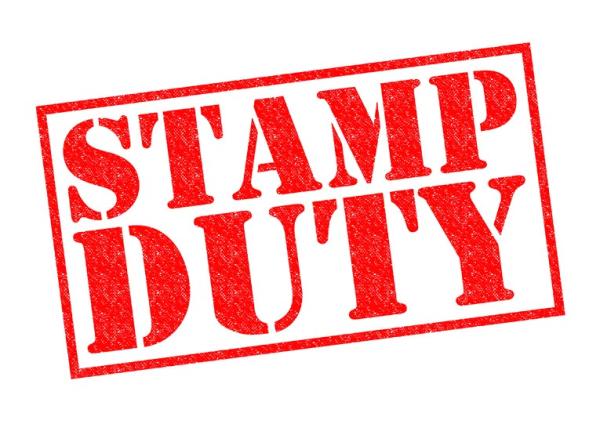First time buyers purchasing a property anywhere up to the value of £300,000 no longer have to pay stamp duty. Futhermore, for those buying in London and other notoriously expensive areas, the first £300,000 of the cost of a £500,000 property being bought by all first time buyers will be exempt from stamp duty too, with the remaining £200,000 requiring just 5% stamp duty to be paid.
Changes are continually been made on stamp duty and recent changes saw the calculation of stamp duty being based on a sliding scale rate meaning you only pay for the proportion of the property that’s at that rate rather than whole of the propery at a fixed rate. These changes mean that for the large majority of people, stamp duty will be cheaper.
If you purchase a property at £325,000 you will pay nothing for the first £125,000 of that, 2% for £125,000 (taking you to £250,000) and 5% for the remaining £75,000. This means your stamp duty will be (£0 + £2,500 + £3,250 = £6,250
Put simply – you will not be able to purchase your new home. Stamp Duty is required to obtain a certificate from the HMRC – which is needed to legally change the ownership of land. Your solicitor will calculate your stamp duty and usually charge it within your conveyance fee. In the meantime, try a stamp duty calculator to see how much you will need to pay.
Last updated September 29th, 2022
